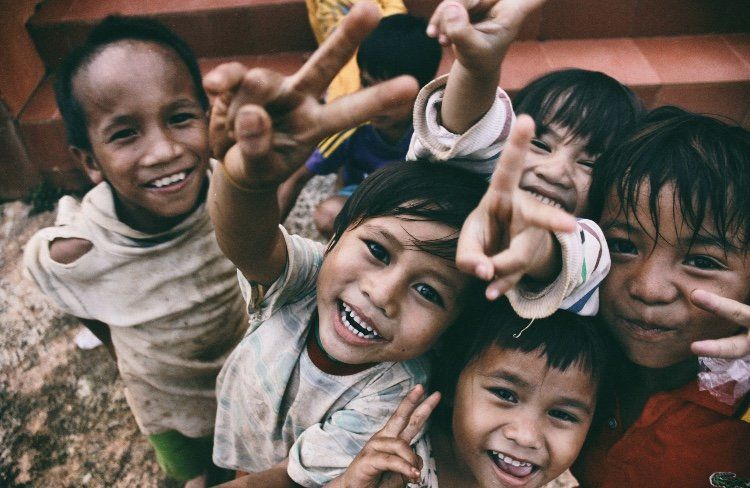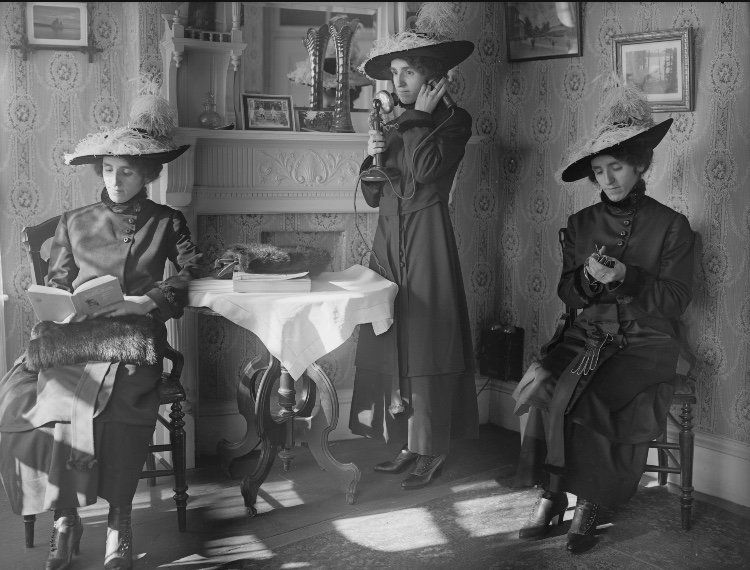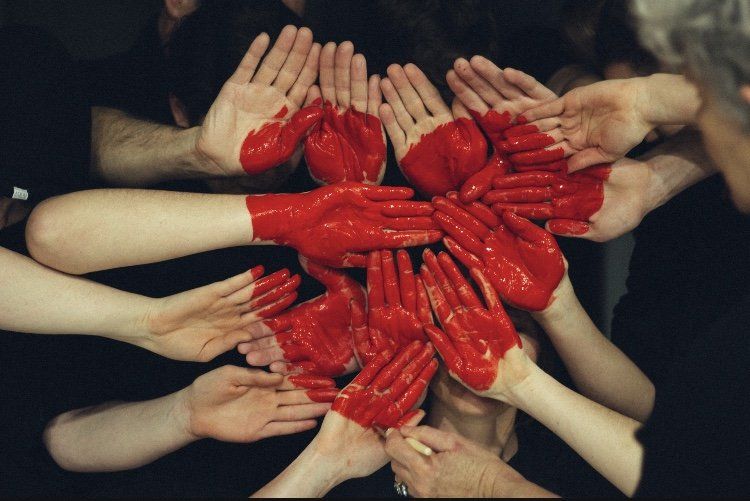The Quarantine Chronicles: Day 15
Creating Happiness

Hello, Dear One.
So glad you are here.
I am starting off with a beautiful excerpt from Johann Hari's Lost Connections today. He talks about his interview with social scientist, Brett Ford and the work she did with her colleagues Maya Tamir and Iris Mauss, conducting some research into a pretty basic question.
"They wanted to know: Does trying consciously to make yourself happier actually work? If you decided -- today, now -- to dedicate more of your life to deliberately seeking out happiness, would you actually be happier a week from now, or a year from now? The team studied this question in four countries: the United States, Russia (at two different locations), Japan, and Taiwan. They tracked thousands of people, some of whom had decided to deliberately pursue happiness and some of whom hadn't.
When they compared the results, they found something they had not expected. If you deliverately try to become happy, you will not become happier -- if you live in the United States. But if you live in Russia, Japan, or Taiwan, you wil l become happier. Why, they wanted to know, would that be?
Social scientists have known for a long time that -- to put it crudely -- there is a significant difference between how we think of ourselves in Western societies and how people in most of Asia conceive of themselves. There are lots of little experiments you can carry out to see this.
For example -- take a group of Western friends, and show them a picture of a man addressing a crowd. Ask them to describe what they see. Then approach the next group of Chinese tourists you see, show them the same picture, and ask them to describe it. The Westerners will almost always describe the individual at the front of the crowd first, in a lot of detail -- then they describe the crowd. For Asians, it's the other way around: they'll usually describe the crowd, and then, afterward, almost as an afterthought, they'll describe the guy at the front.
Or take a picture of a little girl who is smiling broadly, in the middle of a group of other little girls who look sad. Show it to some kids and ask them -- does this girl in the middle seem happy or sad to you? Western kids think she is happy. Asian kids think she is sad. Why? Because the Western kids have no problem isolating an individual from the group, whereas Asian kids take it for granted that if a kid is surrounded by distress, she'll be distressed, too.
In other words: in the West, we mostly have an individualistic way of looking at life.
When Brett and her colleagues looked deeper, this seemed to offer the best explanation for the difference they had discovered. If you decide to pursue happiness in the United States or Britain, you pursue it for yourself -- because you think that's how it works. ...But if you consciously pursue happiness in Russia or japan or China, you do smething quite different. You try to make things better for your group -- for the people around you. That's what you think happiness means, so it seems obvious to you.
These are fundamentally conflicting visions of what it means to become happier. And it turns out -- for all the reasons I described earlier -- that our Western version of happiness doesn't actually work --whereas the collectivist vision of happiness does....
The evidence suggests if we return to seeing our distress and our joy as something we share with a network of people all around us, we will feel different."
That was a pretty long excerpt I included in today's prompt but I find it so fascinating and I wanted to give you that information to prime us for today's creativity prompt.
We've been expounding, for the last few days, upon our dreams for the future and ways that we could work towards creating the lives we want.
Today I want you to think about the vision you have for your life in light of this research from Brett Ford…to what extent is it individualistic? To what extent is it social? If Happiness truly depends on a broader social, collective vision…how could your life vision and creativity incorporate more of that kind of mentality? How could you think about your life as a gift or great service for others and how could that look -- even today - amidst the limitations of quarantine?
How can you "create happiness" today?
I would love to hear from you about this topic...what does this topic bring to your mind and heart?













